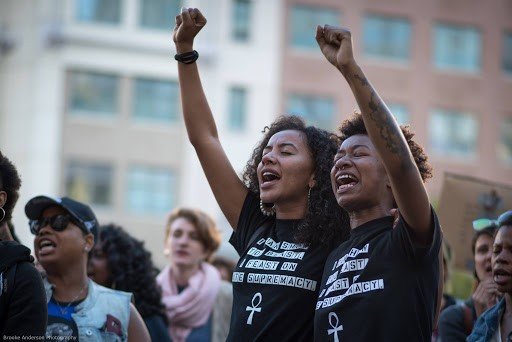Grassroots movements have consistently played a transformative role in societies worldwide. These movements, often initiated by ordinary citizens, address issues that affect their communities, ranging from environmental advocacy to social justice campaigns. Unlike top-down approaches, grassroots initiatives rely on collective action and local engagement to push for systemic change.
Their strength lies in their ability to mobilize people at the community level, fostering a sense of ownership and urgency about the cause.
Whether it’s combating climate change through local cleanups or demanding accountability from political leaders, grassroots movements provide a platform for marginalized voices. However, their success often hinges on strategic organization and sustained momentum.
Social media has amplified the reach of these campaigns, enabling movements to transcend geographical boundaries.
A tweet or hashtag can turn a local issue into a global phenomenon, as seen with movements like #MeToo and Fridays for Future. Yet, these platforms also pose challenges, such as misinformation or burnout among activists.
For lasting impact, grassroots initiatives must evolve into organized advocacy efforts, partnering with policymakers or larger organizations to enact tangible change. The power of grassroots movements reminds us that meaningful progress often starts at the ground level, driven by people passionate about their communities and their future.




